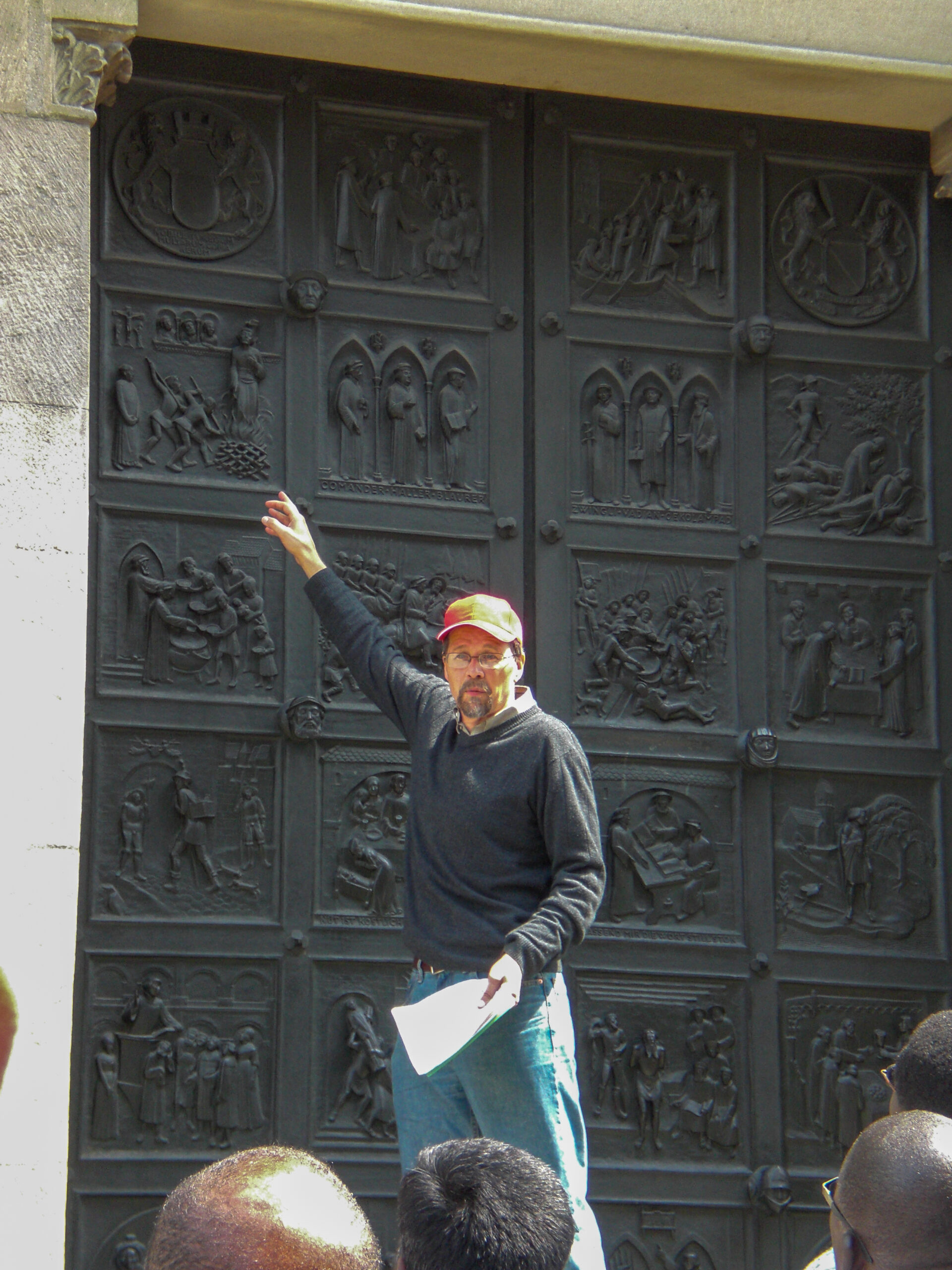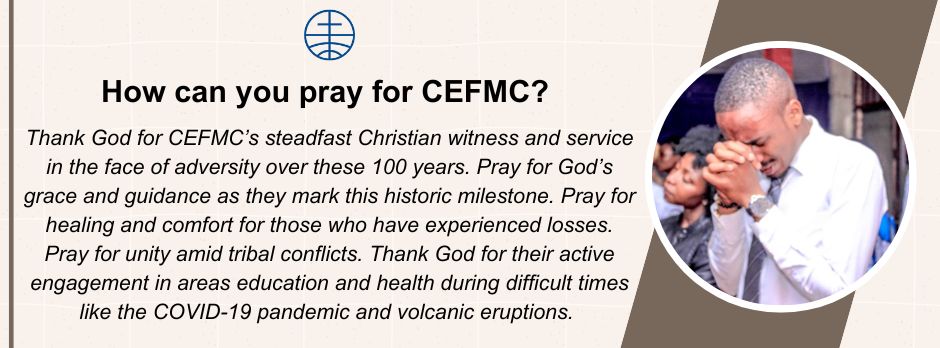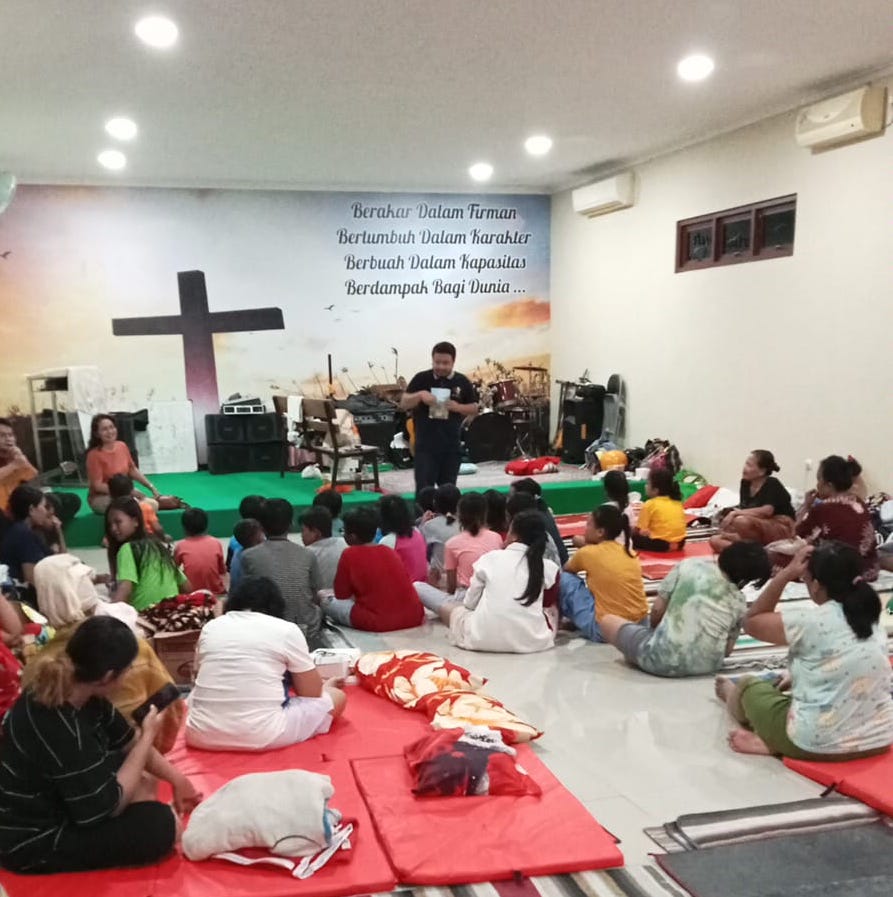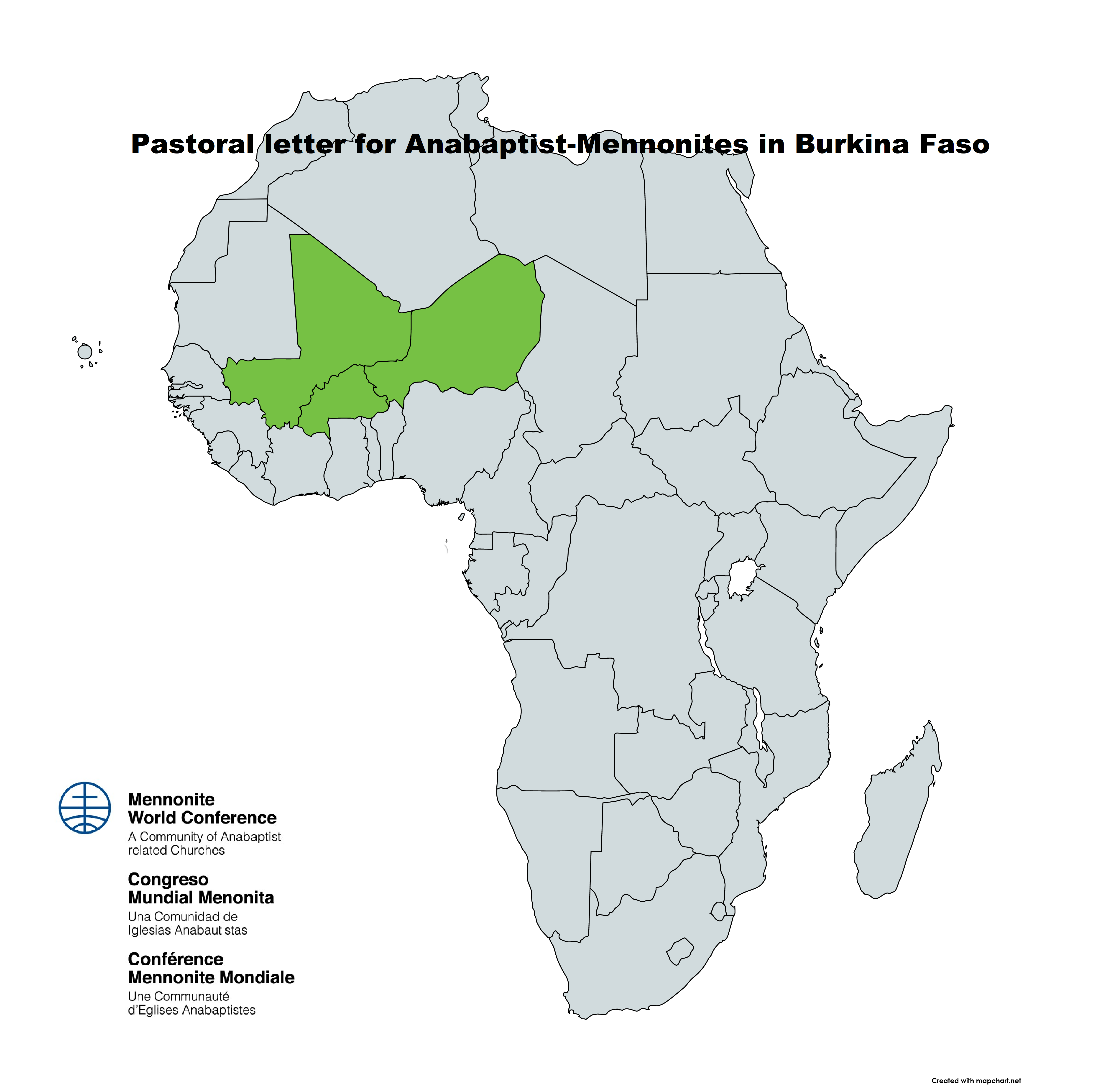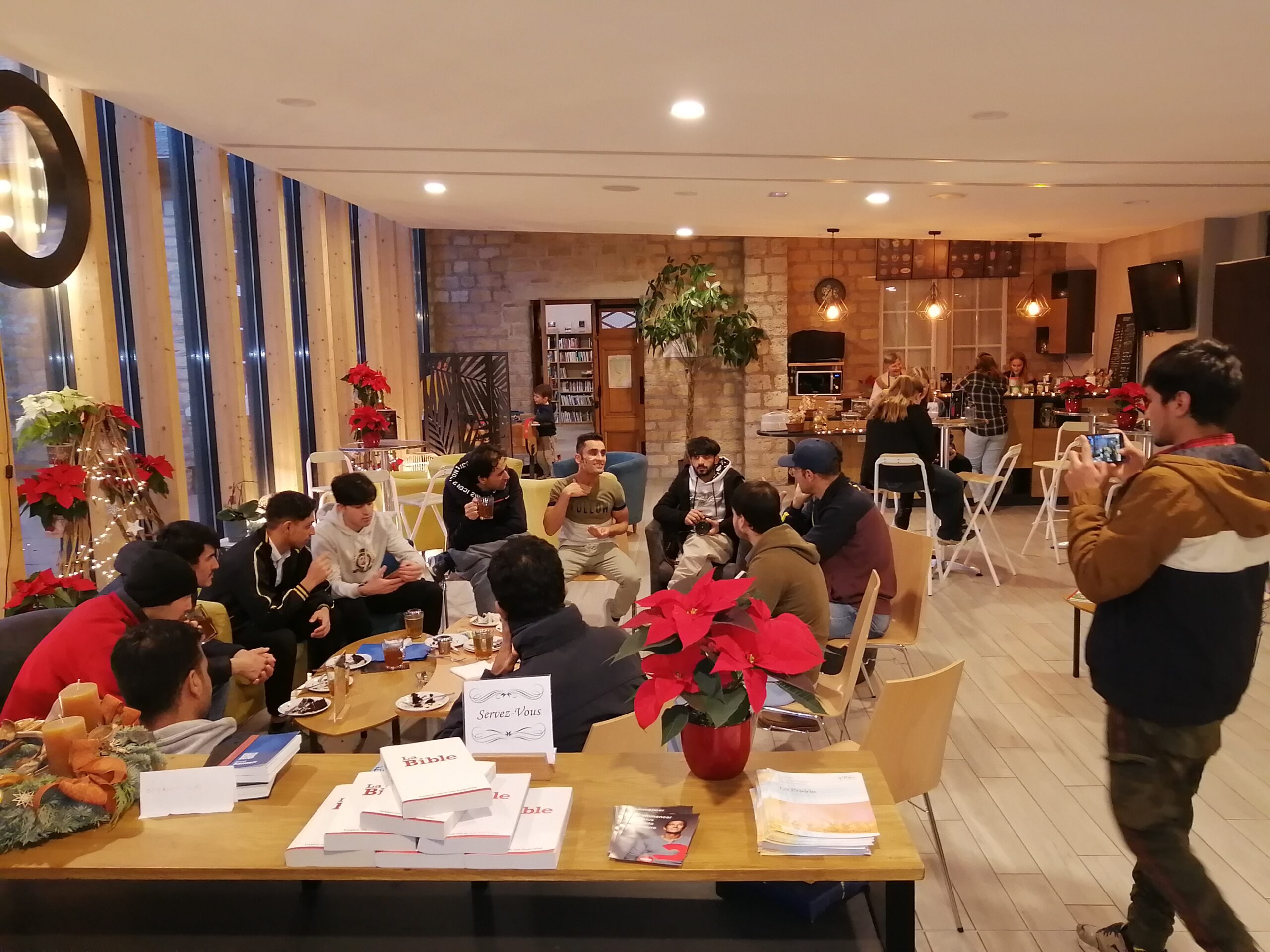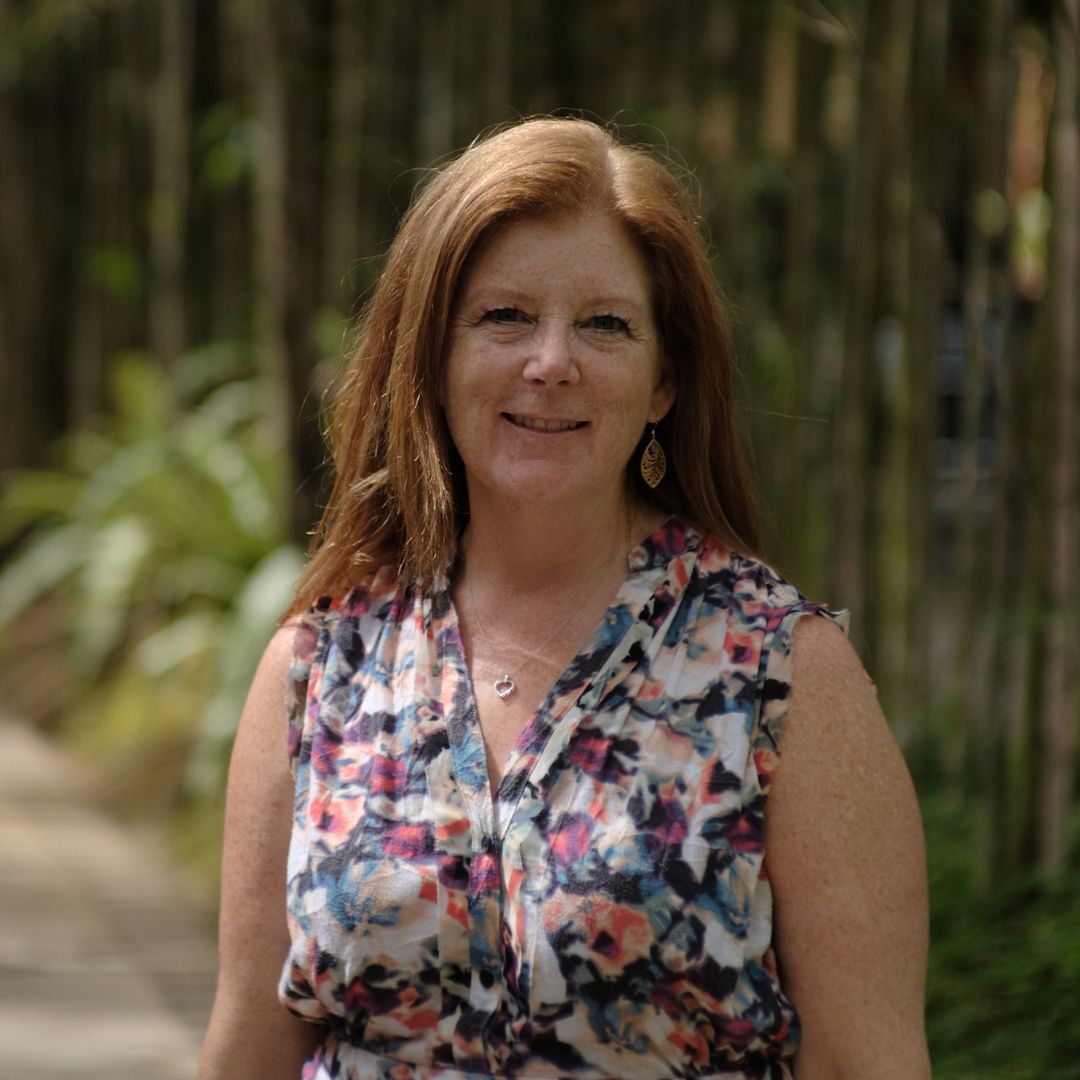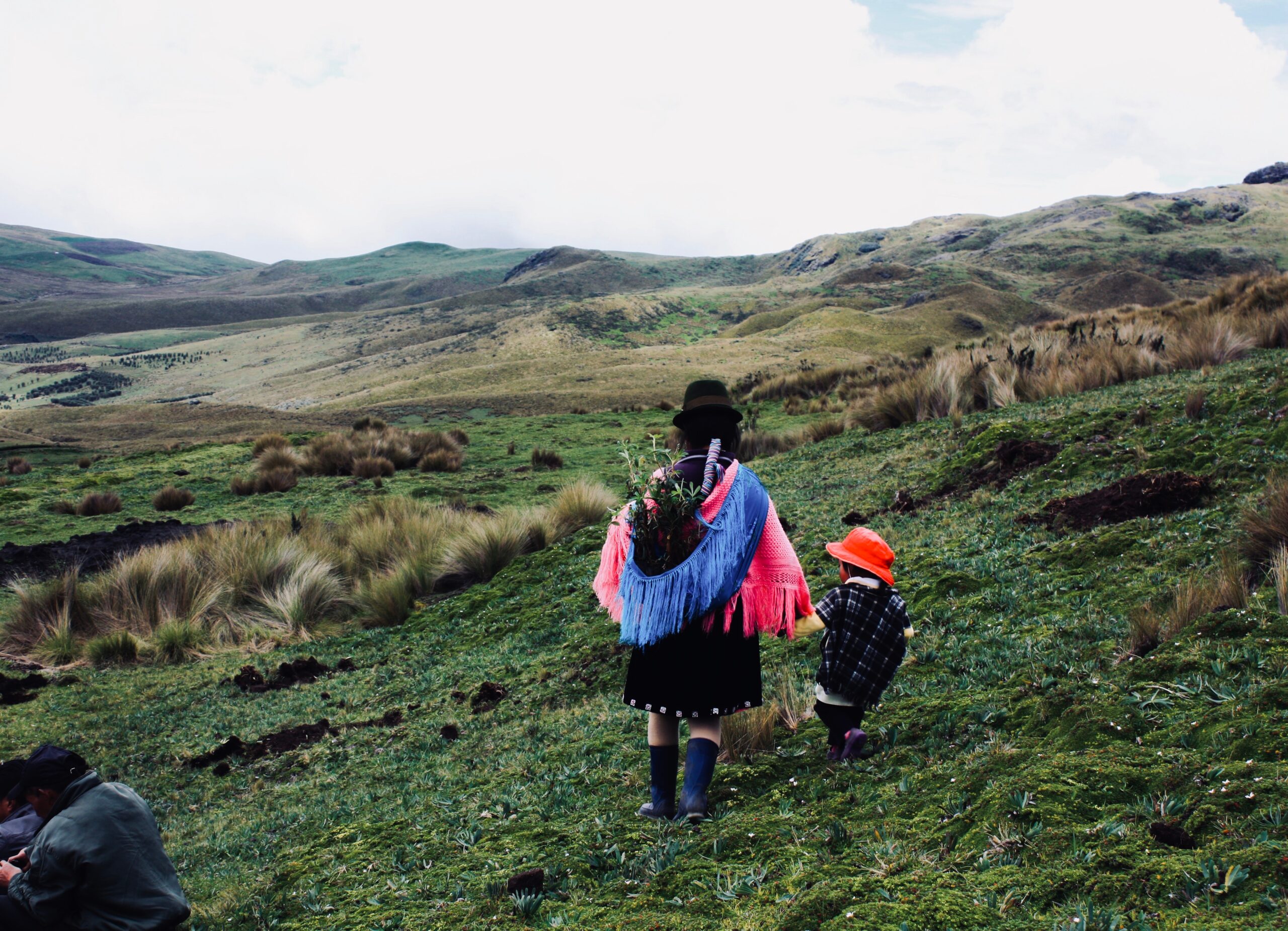-
AWFS 2024 Suggestions for gathering and benediction
Show the greeting videos to hear the connections with Latin American sisters and brothers (see multimedia resources) Show the MWC map to help people see the Anabaptists all around the world mwc-cmm.org/map At the start of the service light 5 candles at the front in different colours, one for each of the 5 continents, and
-
AWFS 2024 Anabaptist historical context
Anabaptist World Fellowship Sunday is an annual event for MWC member congregations around the world, worshipping together in spirit using the same worship resources, knowing that we belong to each other in this global family of faith. Anabaptism is a Christian movement that traces its origins to the Radical Reformation. The most widely accepted date
-
Ministry partner update: ICOMB – August 2023
Introducing the Global Family Communauté des Églises des Frères Mennonites au Congo ICOMB conference and MWC national member church The Democratic Republic of Congo (DRC) is gearing up for a momentous occasion – the centennial celebration of the Communauté des Eglises des Frères Mennonites au Congo (CEFMC: Community of Mennonite Brethren Churches in Congo). This
-
New tagline reinforces MWC Vision and Mission Statements
If you were to sum up Mennonite World Conference in three phrases, what would you say? MWC leadership has selected a new tag line to do just that: “following Jesus, living out unity, building peace”. “After almost one year of consultative process with Anabaptist theologians and MWC staff, under the facilitation of and change management
-
Serving “the least significant of the brothers and sisters of Jesus”
Established in 1962, the Fellowship of Mennonite Churches in Taiwan (FOMCIT) is a conference of 24 congregations in Taipei, Taoyuan, Taichung and Hualien. It is a branch of Anabaptism, and a member of Asia Mennonite Conference and Mennonite World Conference. Impacted by COVID-19, the total baptized membership in 2022 was 1 935. The ministries of…
-
High water and helping hands
In December 2022, heavy rainfall caused flooding in several cities in Central Java, Indonesia. One of the most affected areas was Tanjung Karang Village, Kudus. The Wulan River overflowed, forcing hundreds of residents to evacuate their homes. Some 130 people took refuge in the hall of GKMI Tanjung Karang, a local Mennonite World Conference member church.*
-
Growing networks add faces in Virginia
“We also valued very much our first face-to-face meeting with the Faith and Life Commission as a whole, and Anicka Fast as in-coming secretary,” says David Wiebe, chair of GAHEN. In development for several years already, three additional networks are in the process of being added to MWC organizational structure. Although not all members were
-
A pastoral letter for Anabaptists in West Africa
In recent weeks we have been made aware of the escalating violent conflict in West Africa along the Central Sahel countries of Mali, Burkina Faso and Niger, affecting our brothers and sisters in the Evangelical Mennonite Church of Burkina Faso (l’Église Évangélique Mennonite du Burkina Faso).
-
Un café dans une église ?
L’Église de la Prairie de Montbéliard (France) a réfléchi il y a 10 ans à une vision d’Église renouvelée qui se décline en trois grands axes : servir Dieu, servir les cherchant Dieu, servir le monde. Dans ce dernier axe, un accent particulier est mis sur les personnes qui vivent dans la solitude et la
-
Meet MWC vice-president Lisa Carr-Pries
I am grateful for the global church. For many, it has years broadened my understanding of the world beyond my local context and has helped me raise my children to be globally conscious human beings. It definitely changed the course of my life and deepened my faith and spirituality. I have hope for the relevance…
-
Living everyday is a miracle
Ethiopia is a country located in the Horn of Africa. We’re unique in some ways but the same with the rest of African countries in some other ways. We’re a very poor country with a population of around 110 million.
-
The rule of ayni: reciprocal relationship
In Kichwa, there is a word, ayni, that describes the rule and practice of interdependence. “One does not exist unless the community exists,” says Julian Guamán. In the Kichwa worldview, that community includes all of creation, not just humans. Ayni dictates that as members of the community, humans have a responsibility to be in reciprocal

